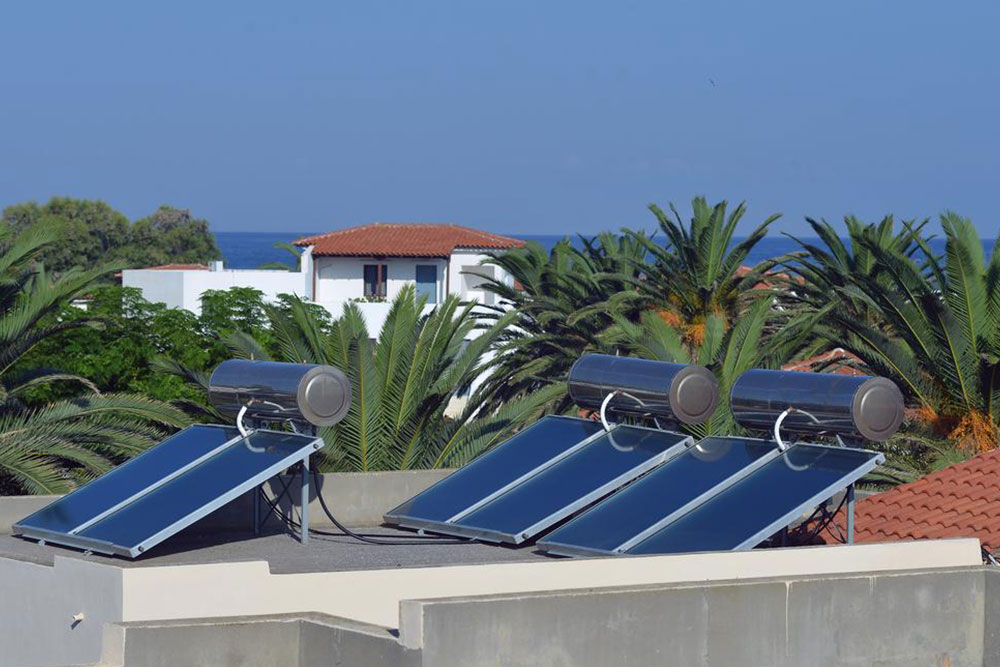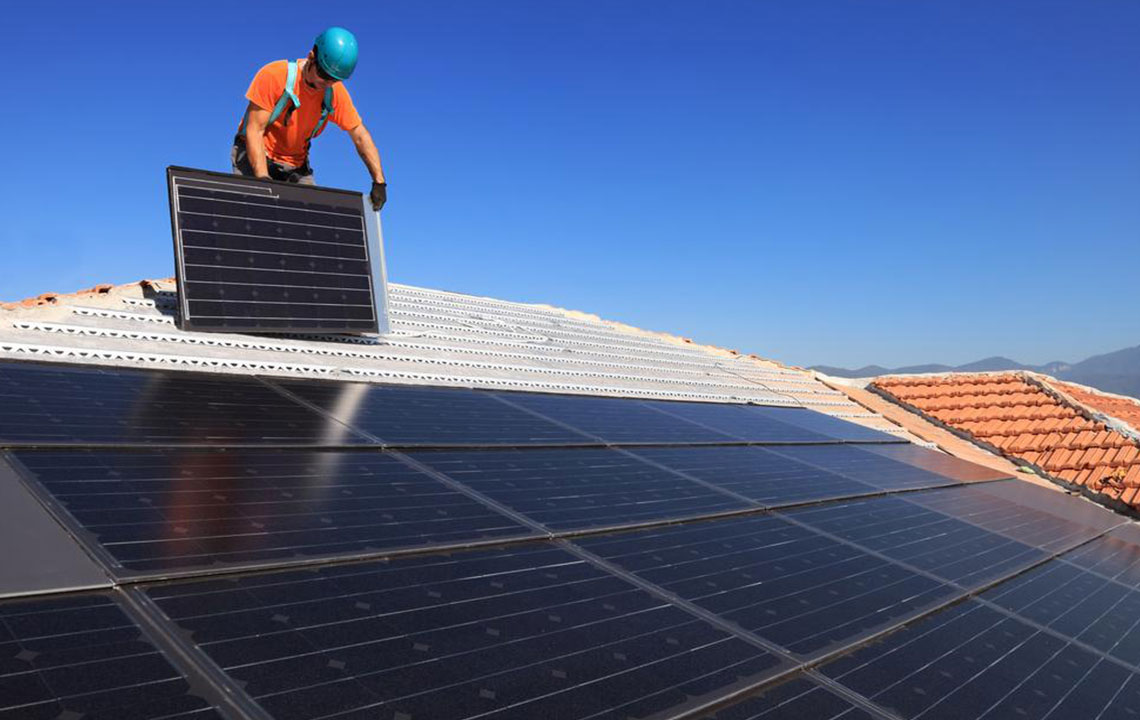Understanding Solar Panels: Why They Are Essential and How to Select the Right One
This article provides a comprehensive overview of solar panels, explaining why they are vital for renewable energy and guiding readers on choosing the right type based on efficiency, space, and cost considerations. It highlights differences between monocrystalline and polycrystalline panels and emphasizes professional consultation for installation, helping consumers make informed decisions about solar energy solutions.
Sponsored

As technology advances, the demand for eco-friendly and renewable energy sources increases. Traditional energy resources are dwindling, prompting a search for sustainable alternatives. Solar technology offers a promising solution by harnessing sunlight to generate electricity for a wide range of applications, from small toys to entire cities. Solar panels, composed of solar cells, are key components that convert sunlight into usable power. The more sunlight they absorb, the more energy they produce.
Most of the world's photovoltaic systems—about 90%—use silicon-based solar cells. These cells come in various forms, and while efficiency is important, factors like cost and space utilization often influence the choice. For limited spaces, thin-film solar panels that are lightweight and flexible can be advantageous, although they are less common in residential installations compared to crystalline panels.
Rated at 180, 200, or 220 watts, solar panels usually share the same dimensions but differ in power output due to manufacturing variations. Opting for the highest wattage within the same size can maximize energy production. Both monocrystalline and polycrystalline panels are effective choices; although monocrystalline panels tend to be more space-efficient and slightly more expensive, their higher efficiency makes them suitable for limited spaces. The best option depends on your specific needs, location, and budget. Before installation, consulting with a professional solar installer can help determine the optimal system for your home, balancing cost, space, and power output.






